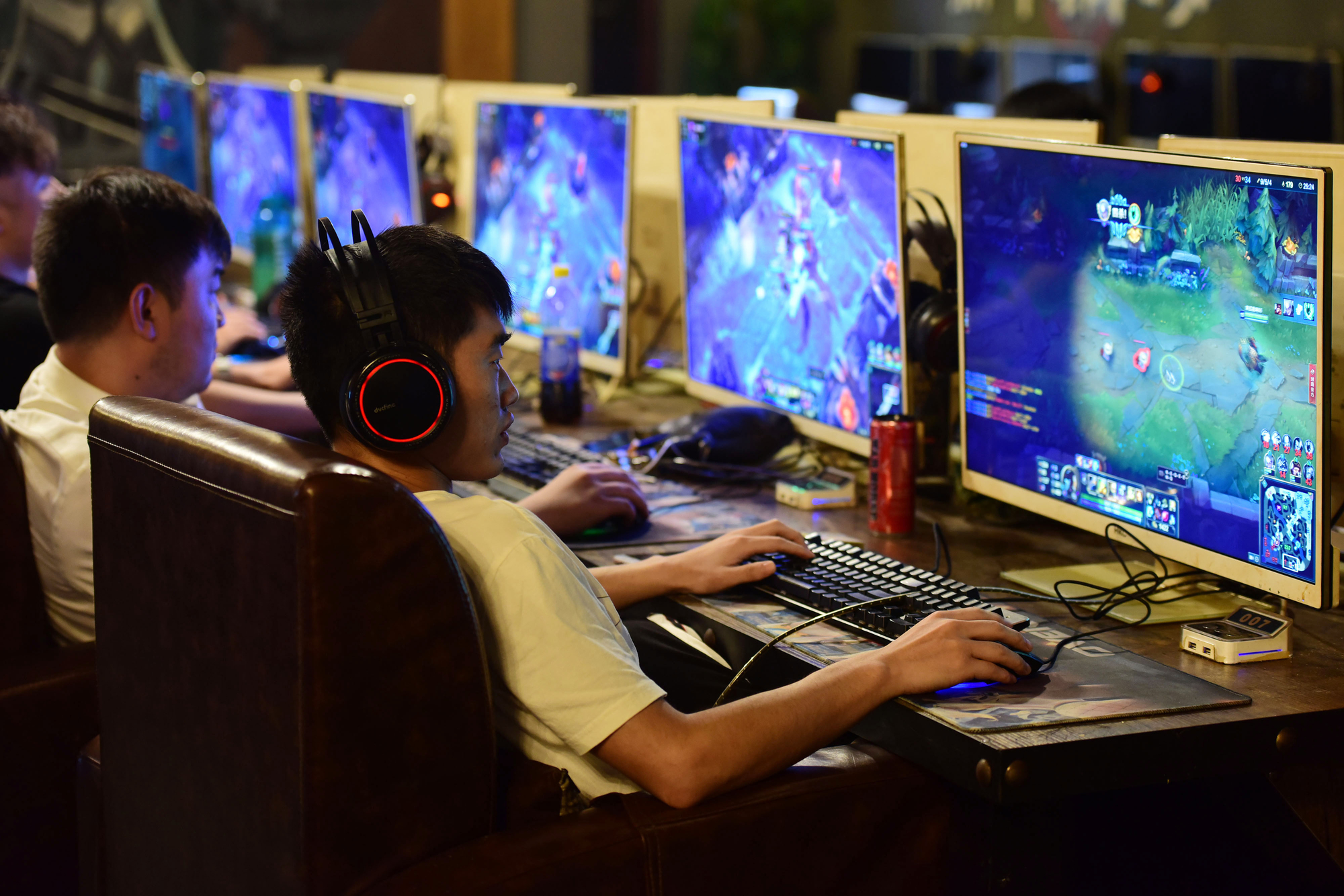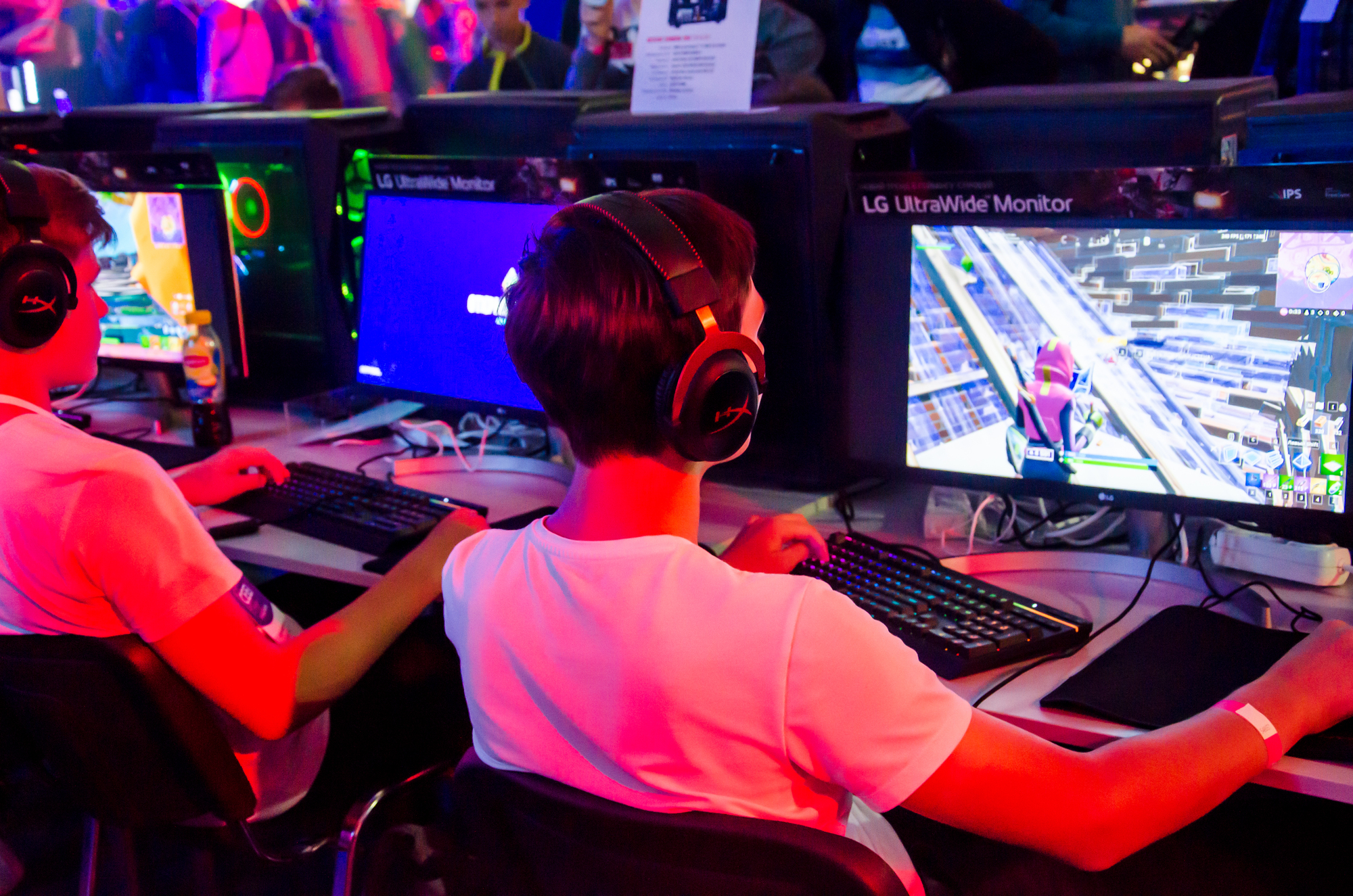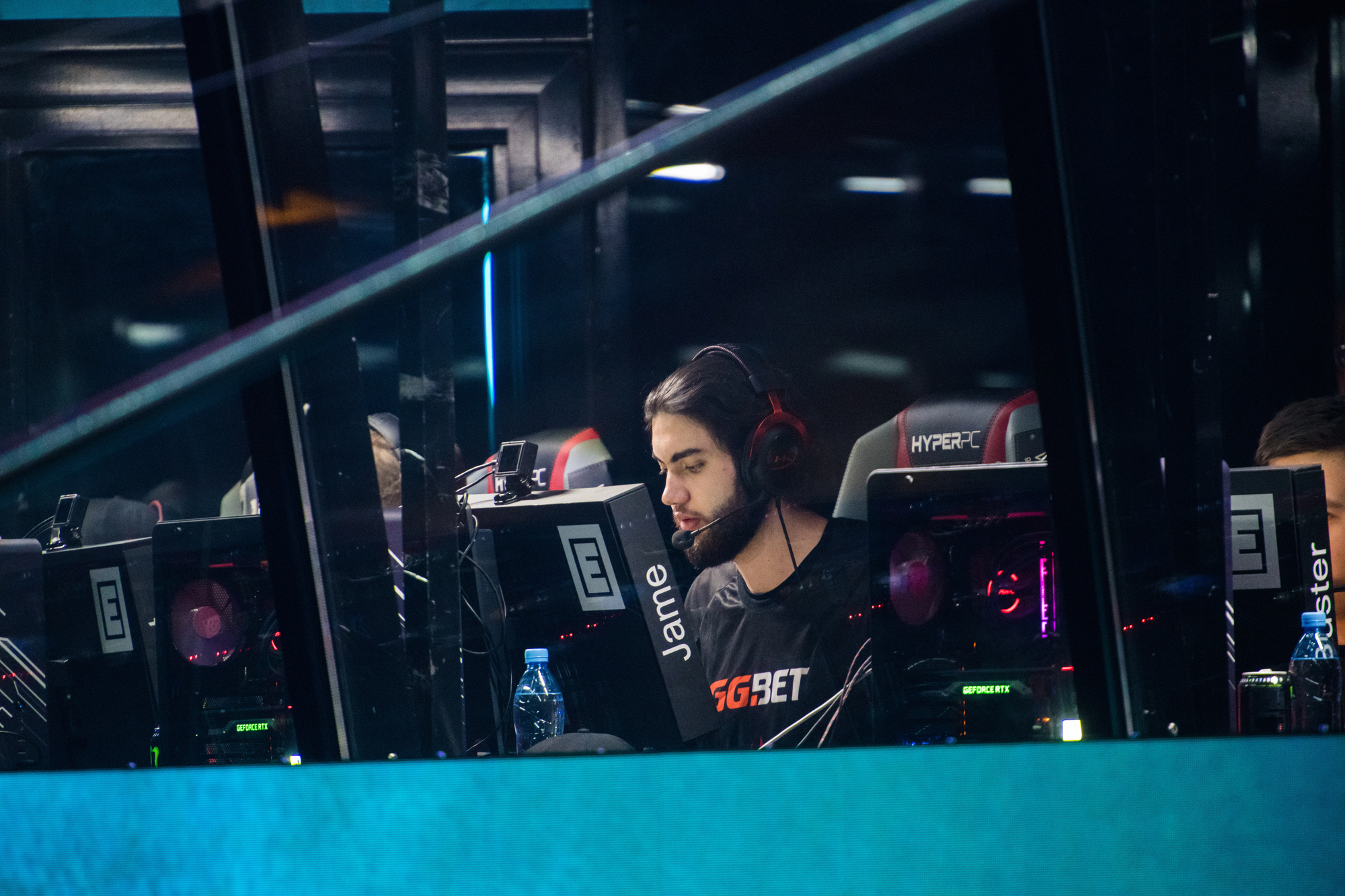Video games have revolutionized digital collaboration, offering unique platforms for teamwork and communication. These interactive environments provide immersive spaces where players work together to achieve common goals, solve puzzles, and overcome challenges. Video games foster essential 21st-century skills like empathy, creativity, and effective communication.
Game design plays a crucial role in shaping collaborative experiences. Developers create scenarios that require cooperation, encouraging players to share resources, strategize, and coordinate actions. This approach translates well beyond gaming, as skills learned in virtual worlds can be applied to real-world teamwork situations.
Online multiplayer games have become social hubs, connecting people across distances and cultures. These digital spaces facilitate friendships, cultural exchanges, and collaborative problem-solving on a global scale. As technology advances, video games continue to push the boundaries of how people interact and work together in digital environments.
The Impact of Video Games on Learning and Motivation
Video games have emerged as powerful tools for enhancing learning experiences and boosting student motivation. Their interactive nature and engaging elements offer new avenues for educational content delivery and skill development.
Game-Based Learning and Educational Games
Game-based learning integrates educational content into video game formats. This approach capitalizes on the inherent appeal of games to create immersive learning environments. Studies show that educational games can improve problem-solving abilities and increase student engagement.
Digital educational games have gained traction in schools, leveraging technology to deliver interactive lessons. These games often incorporate elements like points, levels, and rewards to maintain player interest while conveying academic concepts.
Research suggests that well-designed educational games can enhance knowledge retention and transfer. By presenting information in context and allowing for active learning, these games help students apply concepts to real-world situations.
Gamification and Academic Performance
Gamification applies game design elements to non-game contexts, including education. This technique introduces competition, achievement systems, and progress tracking to traditional learning environments.
Gamified learning platforms have shown promise in boosting academic performance. By breaking down complex subjects into manageable tasks and providing immediate feedback, these systems help students stay motivated and track their progress.
Some studies indicate that gamification can lead to improved test scores and higher completion rates for online courses. The competitive aspects of gamified systems often drive students to engage more deeply with the material.
Assessing the Effect of Serious Games on Skill Development
Serious games are designed primarily for education rather than entertainment. These games target specific skills or knowledge areas, from language learning to professional training.
Research on serious games has demonstrated their effectiveness in developing various skills. For example, some games have been shown to improve literacy skills in young learners, while others enhance critical thinking abilities in adults.
In professional settings, serious games have proven valuable for training purposes. They offer safe environments for practicing complex procedures or decision-making skills without real-world consequences.
Enhancing Communication and Collaboration in Digital Environments
Video games create spaces for players to interact, share ideas, and work together towards common goals. These digital platforms foster new forms of communication and teamwork.
The Role of Discussion and Feedback in Team Success
In multiplayer games, effective communication is key to achieving objectives. Players must articulate strategies, coordinate actions, and provide real-time feedback to their teammates. This constant exchange of information helps groups adapt quickly to changing situations.
Voice chat and text messaging systems allow for instant communication during gameplay. Players learn to give clear, concise instructions under pressure. They also develop active listening skills to process information from multiple sources simultaneously.
Constructive feedback loops emerge as teams review their performance after matches. Players analyze what went well and identify areas for improvement. This culture of open discussion and constructive criticism translates to better teamwork over time.
Building Social Capital and Participation Through Games
Online gaming communities foster social connections beyond the game itself. Players form friendships, join clans or guilds, and participate in forums and social media groups related to their favorite games.
These digital social networks provide opportunities for players to share knowledge, offer support, and collaborate on projects. For example, gamers might work together to create strategy guides, organize tournaments, or develop mods for their favorite titles.
The social bonds formed through gaming can lead to increased civic engagement. Studies show that gamers who are active in online communities are more likely to volunteer and participate in community activities in the real world.
Collaborative Learning and Leadership in Game Settings
Multiplayer games serve as informal learning environments where players acquire new skills through collaboration. Experienced players often take on mentorship roles, guiding newcomers and sharing their expertise.
Complex games require diverse skill sets, encouraging players to specialize and take on different roles within a team. This division of labor mirrors real-world workplace dynamics and helps players develop leadership skills.
In esports and competitive gaming, team captains emerge to coordinate strategies and manage group dynamics. These leaders learn valuable skills in decision-making, conflict resolution, and motivating others towards a shared goal.
Technological Advancements in Game Design for Collaboration
Game design has seen significant progress in fostering collaboration through digital platforms. Innovations in augmented reality and multiplayer online games have created new avenues for teamwork and social interaction.
Augmented Reality Games and Their Impact on Team Dynamics
AR technologies have transformed collaborative gaming experiences. These games blend digital elements with the physical world, allowing players to interact in shared spaces. Popular AR games encourage users to work together to complete tasks or solve puzzles in real-world environments.
Teams often form spontaneously as players encounter each other at designated locations. This face-to-face interaction, combined with digital gameplay, creates unique social dynamics. AR games can improve communication skills and foster problem-solving abilities among participants.
Some AR games incorporate location-based features, prompting players to explore their surroundings together. This aspect adds a physical component to digital collaboration, promoting active lifestyles while building team bonds.
Multiplayer Online Games: Building Inclusive and Accessible Spaces
Multiplayer online games have evolved to accommodate diverse player bases. Developers now prioritize creating inclusive environments that welcome gamers of all backgrounds and abilities.
Accessibility features such as customizable controls, colorblind modes, and text-to-speech options allow more people to participate in collaborative gameplay. Voice chat alternatives and in-game communication systems cater to players who prefer or require non-verbal interaction methods.
Cross-platform play has expanded the potential for collaboration across different gaming devices. This feature allows friends to team up regardless of their chosen hardware, broadening the scope of multiplayer experiences.
Some games implement skill-based matchmaking systems to pair players of similar abilities. This approach helps create balanced teams and fosters a sense of fairness in competitive collaborative modes.
Video Games as a Tool for Modern Educational Strategies
Video games offer innovative approaches to learning in today’s digital age. They provide engaging platforms for skill development and knowledge acquisition, transforming traditional classroom experiences.
Fostering 21st-Century Skills Through Digital Collaboration
Educational games promote critical thinking and problem-solving abilities. Students work together in virtual environments, tackling challenges that require teamwork and communication. These games often simulate real-world scenarios, allowing learners to practice decision-making in safe spaces.
Digital collaboration through video games helps build social skills. Players learn to cooperate, negotiate, and lead within game contexts. This translates to improved interpersonal abilities outside the game.
Many educational games incorporate elements of design thinking and creativity. Students may create characters, build virtual worlds, or solve open-ended problems. These activities boost innovation and artistic expression.
Role of Teachers and Institutions in Leveraging Games for Learning
Teachers play a vital part in integrating video games into curricula. They select appropriate games that align with learning objectives and guide students through gameplay experiences.
Institutions must provide resources and training for educators to use games effectively. This includes technical support and professional development opportunities focused on game-based learning strategies.
Classroom management takes on new forms when using digital games. Teachers facilitate discussions, encourage reflection, and help students connect game experiences to formal learning goals.
The Future of Digital Games in the Classroom
Advancements in technology will likely lead to more immersive educational games. Virtual and augmented reality may offer new ways to explore complex concepts and historical events.
Personalized learning experiences through adaptive game systems could become more common. These systems adjust difficulty and content based on individual student performance and preferences.
Integration of games with other educational technologies may create comprehensive learning ecosystems. This could include combining games with digital portfolios, learning management systems, and assessment tools.












